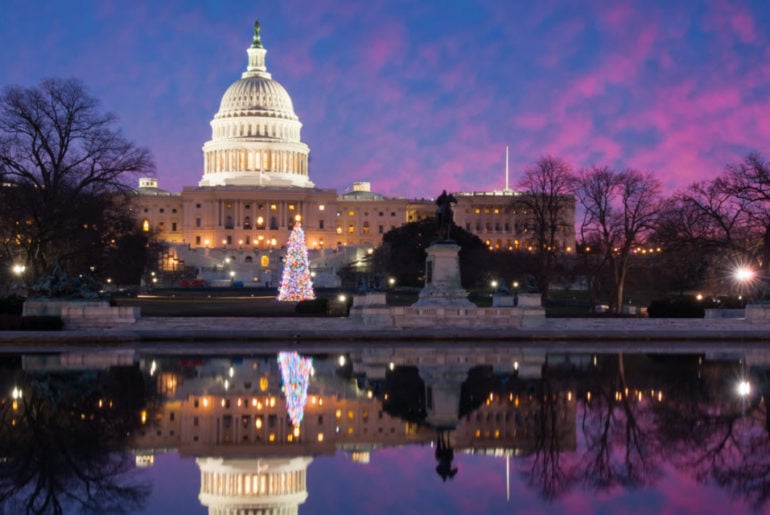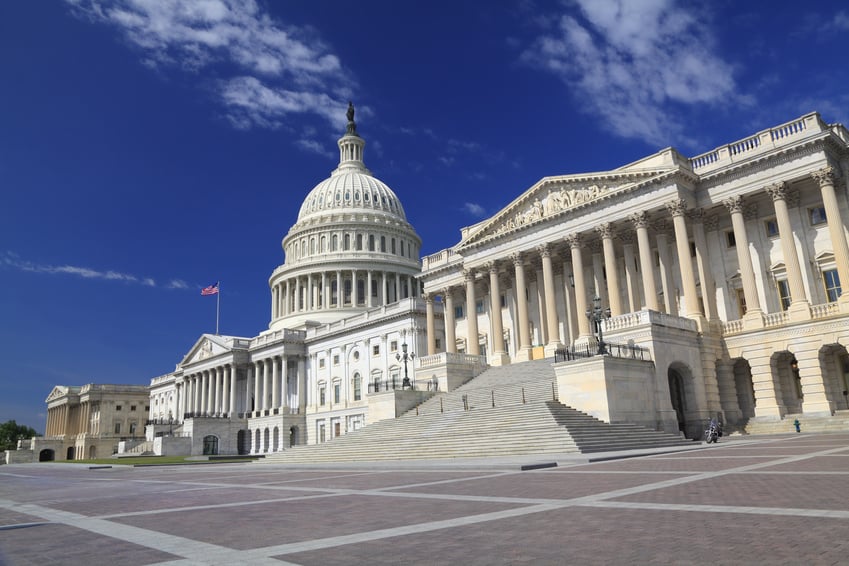Through The Employer Report blog, our lawyers provide legal updates and practical insights to help clients understand, prepare for and respond to the latest domestic and cross-border Labor and Employment issues affecting US and multinational employers. The latest posts in the series, “Beware what you post: increased DOJ investigations target unintentional discrimination in external job postings”, and ” Salary and pay range disclosures: California calls “next””, focus on discrimination in job postings and pay disclosures.
Baker McKenzie’s Sanctions Blog published the alert titled OFAC and BIS Designate Additional Russian Parties, Signal Readiness to Act Against Third-Country Entities Assisting Russia and Belarus on 5 October 2022. Read the article via the link here. Please also visit our Sanctions Blog for the most recent updates.
On September 30, 2022, the US Department of the Treasury’s Office of Foreign Assets Control published “Sanctions Compliance Guidance for Instant Payment Systems”. The guidance underscores the importance of a risk-based approach to managing sanctions risks related to payment technologies such as instant payment systems.
An increasing number of countries have been unveiling their detailed legislative frameworks and extensive state support packages aimed at developing the hydrogen market in the context of the race to net zero. The US is not a new participant in this race. The 2021 Infrastructure Investment and Jobs Act allocated USD 9.5 billion for clean hydrogen. The Inflation Reduction Act signed into law in August 2022 provided additional policies and incentives for the development of the hydrogen market, including a production tax credit, which is aimed at boosting the US market for clean hydrogen. However, the US Department of Energy’s publication of a draft Clean Hydrogen Strategy and Roadmap (CHSR) takes the US government’s level of commitment to clean energy to the next level, as well as showing its willingness to work with existing and potential hydrogen market participants and other stakeholders to develop a framework that really works. This article examines the key provisions of the CHSR.
On 23 September 2022, the US Department of the Treasury’s Office of Foreign Assets Controls (OFAC) issued Iran General License D-2 (GL D-2), which amends and replaces the former Iran General License D-1 (GL D-1), and published three related Frequently Asked Questions (FAQs). GL D-2 authorizes a more expansive set of internet communication-related activities, including cloud-based software and services, that are otherwise prohibited under the Iranian Transactions and Sanctions Regulations. According to the accompanying press release, GL D-2 aims to support internet freedom in Iran by updating US sanctions guidance in light of changes in communications technology since the issuance of GL D-1 in 2014 and to respond to the Iranian government’s efforts to suppress internet access following recent anti-government movement in Iran.
Please join us for a weekly series, hosted by Baker McKenzie’s North America Government Enforcement partners Jeffrey Martino and Jerome Tomas.
This weekly briefing is available on demand and will cover hot topics and current enforcement actions related to white collar crime and criminal investigations in the US and abroad to arm you with the information you need for your business week.
This week’s discussion covers Deputy Attorney General Lisa Monaco’s memorandum revising Federal Corporate Criminal Enforcement Policies.
Businesses that have implemented compliance measures to comply with the California Consumer Privacy Act of 2018, as amended by the California Consumer Rights Act of 2020 (CCPA) can leverage existing compliance mechanisms designed to comply with the CCPA to satisfy requirements under the Utah Consumer Privacy Act, which will become operative on 31 December 2023.
California recently enacted the California Age-Appropriate Design Code Act (“Act”) with the stated intention of requiring businesses to consider the best interests of minors under the age of 18 when designing, developing and providing online services. If your business currently offers online services that are likely to be accessed by minors in California, you should consider starting to prepare Data Protection Impact Assessments in accordance with the Act as soon as possible because the law will require covered businesses to undertake such assessments before offering these services to the public, and it will take time to address the risks identified by the assessments before the Act fully takes effect on 1 July 2024.
While the OECD continues with its journey to modernize the global tax system under its two-pillar approach, many countries are now beginning to embark on the road to implementation of Pillar 2 and multinationals may need to prepare for its impact as early as 2023.
Join our panel of Tax professionals at the Baker McKenzie New York Office on 3 November 2022 for the next installment in our series of Pillar 2 events
In this recorded session from the Industrials, Manufacturing & Transportation Webinar Series, our speaker discusses the legal framework and practical issues related to customs audits in the United States, areas of importance for US customs authorities during audits, and how to effectively prepare for and navigate customs audits. We also share key US customs enforcement updates and priorities, to include the latest developments relating to forced labor laws.



